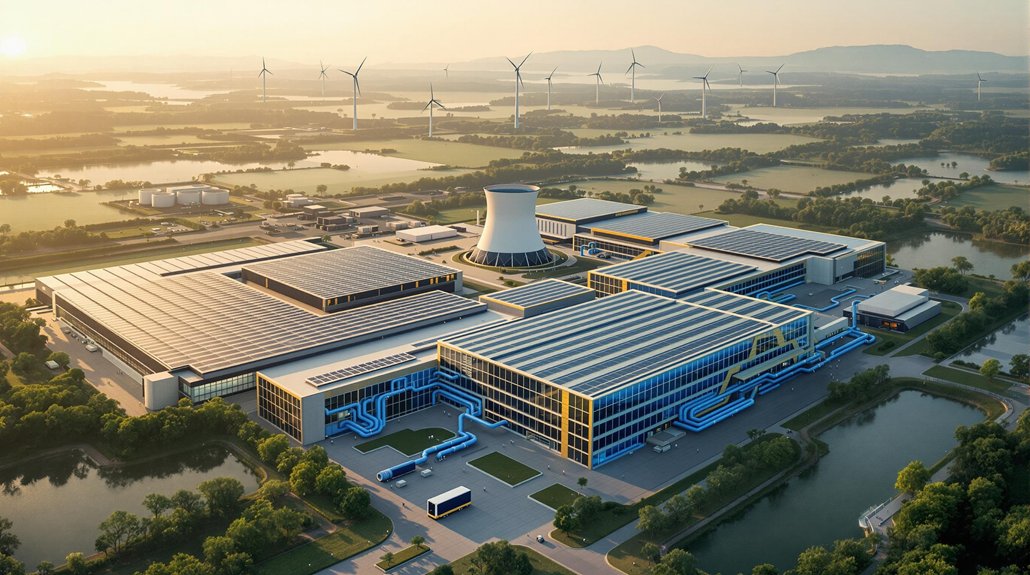DeepSeek, a Chinese AI start-up, has created a powerful AI model for under $6 million, challenging tech giants who spend hundreds of millions. Their app quickly topped charts in the UK, US, and China. The company’s open-source DeepSeek-V3 model runs efficiently on less advanced chips, making it cost-effective. This success marks a shift in the tech power balance as Chinese AI companies gain ground against established US competitors. The global AI landscape continues to transform rapidly.
Chinese AI startup DeepSeek has shaken up the tech world by creating a powerful AI model for less than $6 million, a fraction of what Silicon Valley giants spend. The company’s app quickly climbed to the top of Apple’s App Store in the UK, US, and China. This success challenges the long-held belief that only American tech companies with massive budgets can lead in artificial intelligence.
DeepSeek uses an open-source model called DeepSeek-V3 that can run on less advanced chips. This approach has proven both cost-efficient and effective. While US companies like OpenAI and Anthropic spend hundreds of millions on AI development, DeepSeek shows that innovation doesn’t always require huge investments.
The rise of Chinese AI companies is changing the global tech landscape. It’s shifting the balance of technological power and reshaping the AI arms race. The US can no longer dictate terms to China in the tech sphere as it once did. This pivot may have significant consequences for US tech giants that have dominated the industry.
Financial markets are taking notice of this shift. While traditional tech companies face new challenges, cybersecurity stocks might benefit from the changing landscape. Investors now need to look beyond Silicon Valley to emerging technologies and regions. The two countries account for over 90% of investments in the global AI market, which is projected to reach $190.61 billion by 2025.
China has become the second-largest contributor to AI development globally. Companies like Butterfly Effect, which raised over $10 million for its Manus AI agent, show China’s growing role as a tech innovator. Manus AI’s viral demonstration video generated enormous demand for trial invites, highlighting the global interest in Chinese AI solutions. Many Chinese firms have embraced open-source principles, making their technology more accessible.
US export controls have actually pushed Chinese companies to become more efficient with limited resources. They’ve found ways to reduce memory usage and speed up calculations despite hardware challenges. This focus on maximizing efficiency helps them compete despite restrictions.
DeepSeek’s new R1 model has demonstrated its prowess by matching or surpassing ChatGPT on several benchmarks while maintaining a lower operational cost. As the AI industry evolves, we’re seeing a new division of labor emerging. The rapid pace of development means companies must stay agile to survive in this increasingly competitive global market.









